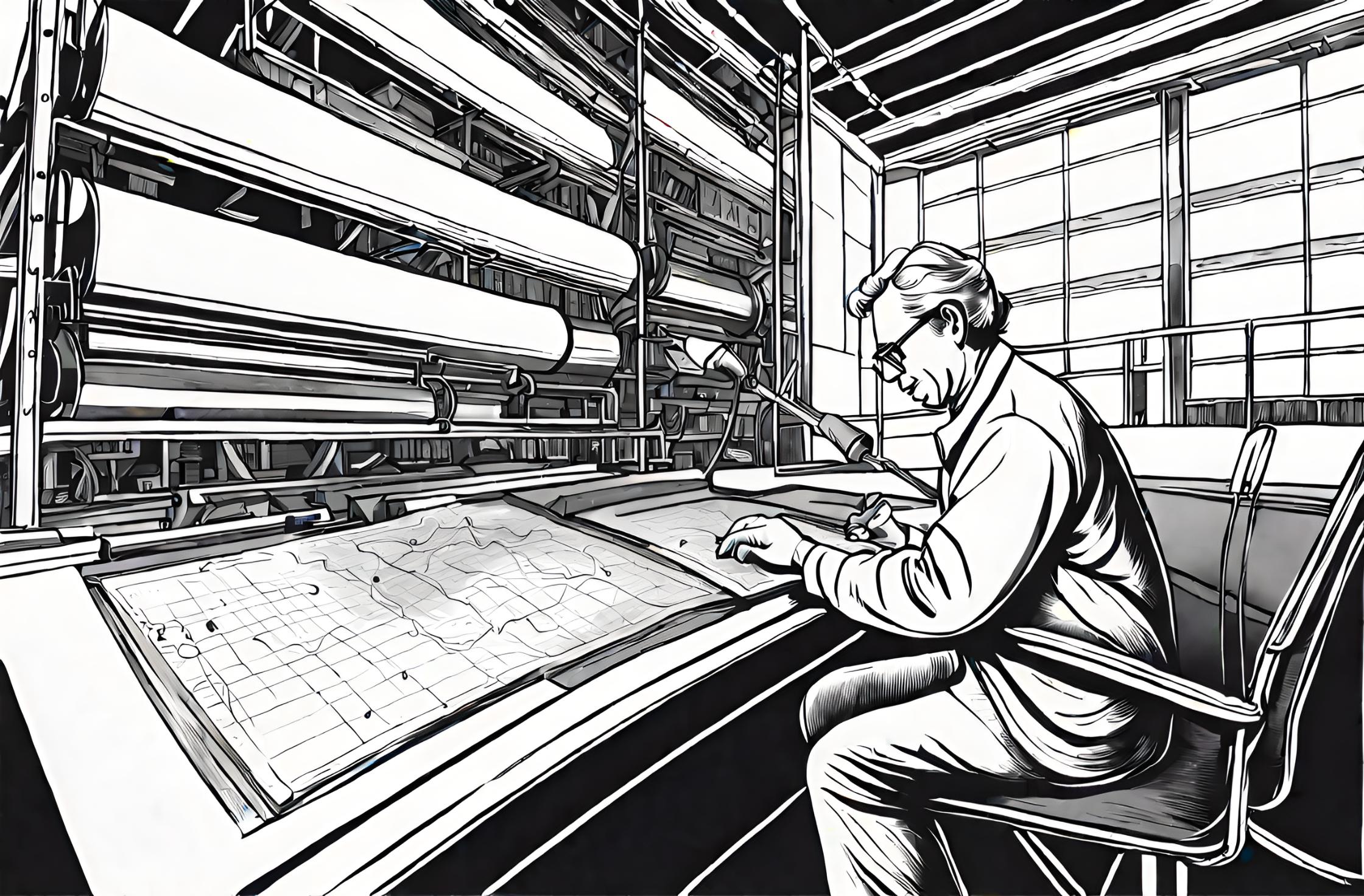Flashback to January 5
World History

On January 24, 1936, a significant event took place in France that would shape the country’s political landscape. Albert Sarraut was appointed as the Prime Minister of France, a position that carries great responsibility and power. This event marked a pivotal moment in France’s history and had far-reaching implications for the nation.
Albert Sarraut, born on July 28, 1872, in Bordeaux, was an experienced politician with a long and illustrious career. Prior to becoming Prime Minister, he had served as a minister in various French governments, tackling important issues such as colonial administration and decentralization. Sarraut’s extensive political background undoubtedly contributed to his appointment as the Prime Minister of France.
As Prime Minister, Sarraut faced numerous challenges and had to navigate a highly charged political atmosphere. One of the primary issues he had to address was the economic crisis that had gripped France during the 1930s. The Great Depression had inflicted severe hardships on the country, leading to widespread unemployment and social unrest. Sarraut implemented various policies to alleviate the economic crisis and provide relief to the suffering population.
Another significant aspect of Sarraut’s term as Prime Minister was his commitment to social reforms. He recognized the importance of improving the living conditions of the working class and sought to introduce measures that would address their needs. Sarraut’s government promoted social welfare policies, workers’ rights, and an expansion of the social security system. These reforms aimed to create a fairer and more equitable society in France.
Furthermore, Albert Sarraut’s tenure as Prime Minister witnessed advancements in France’s foreign policy. He prioritized strengthening ties with neighboring countries and promoting peace and stability in Europe. Sarraut played a crucial role in negotiations with the United Kingdom to secure the Stresa Front, an agreement aimed at countering the aggressive actions of Nazi Germany. This diplomatic achievement highlighted Sarraut’s strategic thinking and commitment to ensuring France’s national security.
Despite his many accomplishments, Sarraut’s time as Prime Minister was not without controversy. His government faced criticism from both the left and the right, with some accusing him of being too moderate in his approach. The far-right criticized Sarraut for being too lenient toward left-wing organizations, while the far-left accused him of not doing enough to address the concerns of the working class. This criticism exemplified the complex political landscape in France during that period.
Albert Sarraut becoming the Prime Minister of France on January 24, 1936, was a significant event that had a profound impact on the nation. His experience, vision, and commitment to social and economic reforms allowed him to tackle the challenges of the time head-on. Sarraut’s term as Prime Minister marked a period of advancements in French foreign policy, social welfare, and economic stabilization. Despite facing criticism from different sides of the political spectrum, Albert Sarraut’s leadership left a lasting impact on France’s political history.
We strive for accuracy. If you see something that doesn't look right, click here to contact us!
Sponsored Content

German physicist Walter Oelert…
On January 5th, 1996,…

Cornelis van Dis, Dutch…
Cornelis van Dis, a…

Louis XV of France…
On 1/5/1757, Louis XV…

Edward de Belijder the…
On January 5, 1066,…

Austria-Hungary offensive against Montenegro.
Learn about the Austria-Hungary…

Prussian King Frederik Willem…
On 1/5/1717, Prussian King…

